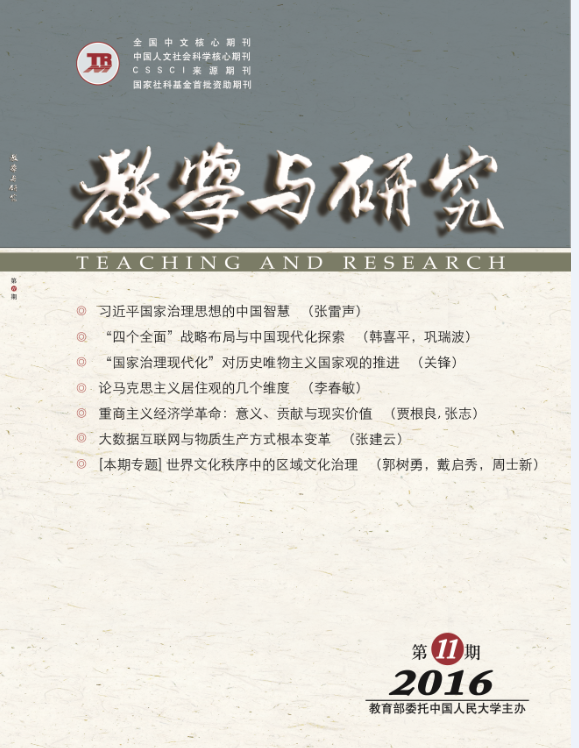Cultural selfconfidence refers to the full affirmation of the national mainstream culture by its people. It is also the positive identity and psychological conversion of the people.In the new era of comprehensive deepening reform and opening up to the outside world, we should actively guide the contemporary Chinese people to look at their own culture and lead them with full confidence in the vitality and the prospects of the Chinese culture. It holds a very important strategic significance for us to maintain cultural security, promote national identity, develop cultural exchanges, strengthen the road confidence and achieve cultural selfreliance and so on.



